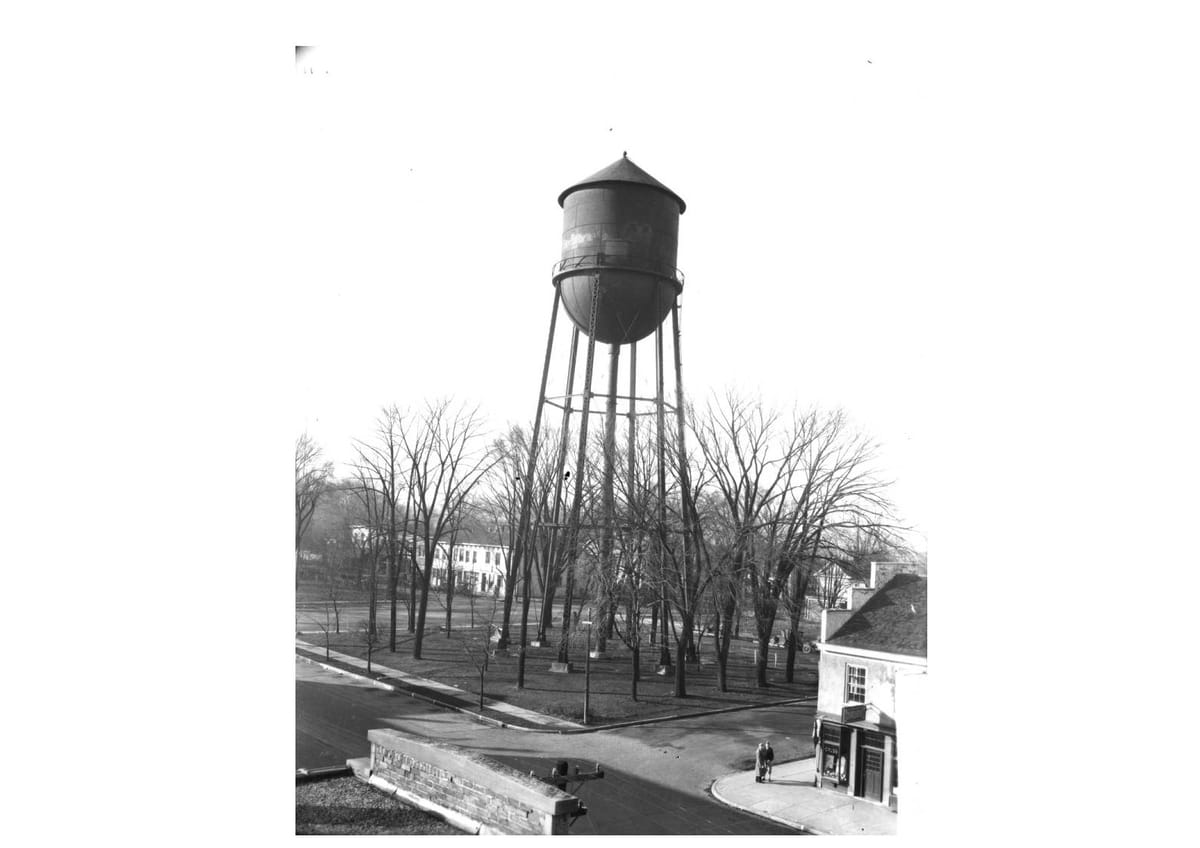Observations – People and place
"When I moved to Oxford in 1986, I found no such society here. But I was amused when people told me that the house I bought was the Anderson House."

Recently, I spent three weeks in Maine, a place I’ve grown to know and to love. And every day, our dog Lindi and I walked with three of the men I got to know in our neighborhood along with their four dogs. In the course of our walks, they explained to me the pecking order among residents and visitors to their locale.
At the very top, of course, were those residents who had been born there and lived there all their lives. Then came folks who moved to Maine as permanent residents, and remained there all year round. Next were the people who came for the summer, or sometimes even for six months, before heading home. After that were people like me, who rented a house for three weeks, but then left. And at the very bottom were those people who came for a few days or a week, stayed in hotels and were clearly on the periphery.
I had been acquainted with this kind of pecking order when I moved to Oregon to teach at the University of Oregon in 1979. People there told me about an organization called SNOB – Society of Native Oregonian Born – something I could never hope to join.
When I moved to Oxford in 1986, I found no such society here. But I was amused when people told me that the house I bought was the Anderson House. Never mind that I bought the house from someone else. The Andersons had evidently built the house in the 1950s, and for years that is how people I met referred to it.
At the same time, I was struck by how much a sense of place affected my friends in Oxford. When I came here, there was still a horrendously ugly water tower Uptown, where the park pavilion now stands. I hated it, and many of my friends did too. But the water tower had its supporters, and its fate was the focus of a number of city council elections, until finally an agreement was reached to take it down.
That sense of place led me to reflect on a wonderful course I helped arrange when I taught at Yale University in the 1970s. I helped a fellow historian, Christopher Collier, who later became Connecticut State Historian, developed a seminar on history and geography. The dozen students studied Connecticut history during the Revolutionary War and thereafter, and then in groups of two, went up in a small airplane to look at the relevant geographic features.
Because of my role in helping arrange the course, I was fortunate enough to be able to take one of those trips in the tiny plane, and just looking at the areas we had studied with books and maps gave me an entirely new perspective and affected my subsequent teaching.
We are all members of communities and residents of places that become important to us. My friends in Maine were talking in jest, of course, humoring me and making me feel at home, even if I was an outsider.
And in the same way, there are parts of our communities that become especially important to us. I, for one, am glad the water tower is gone, but I take particular pleasure in walking through the cemetery by my home, or ambling through the Miami University campus I have come to know so well over the past 40 years.
Allan Winkler is a University Distinguished Professor of History Emeritus at Miami University, where he taught for three decades. He serves on the Board of Directors for the Oxford Free Press.




